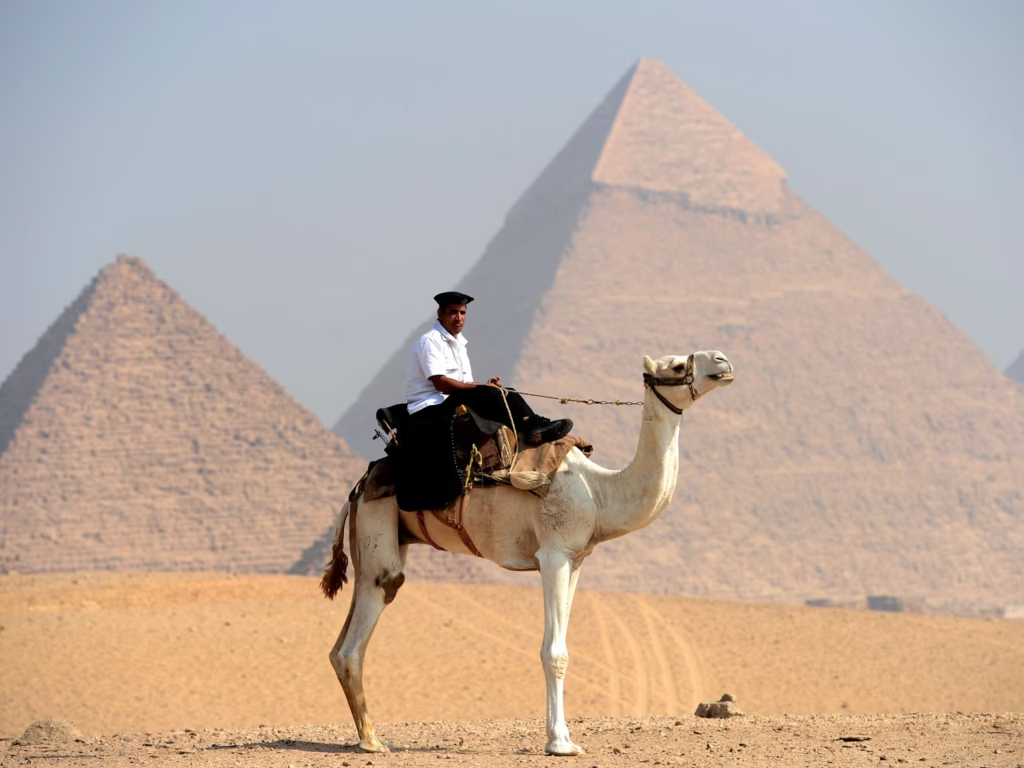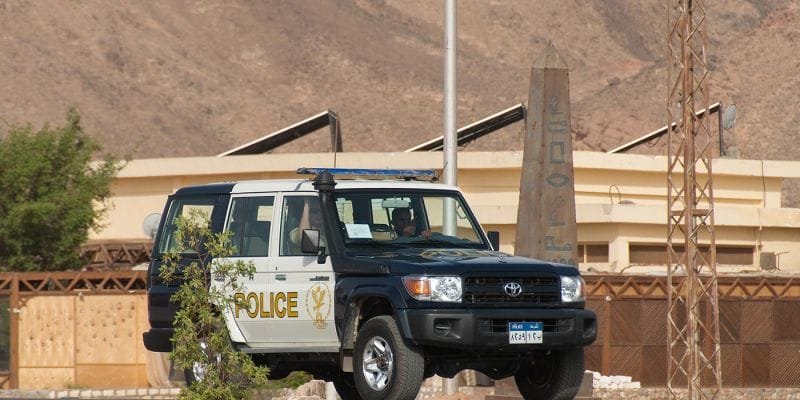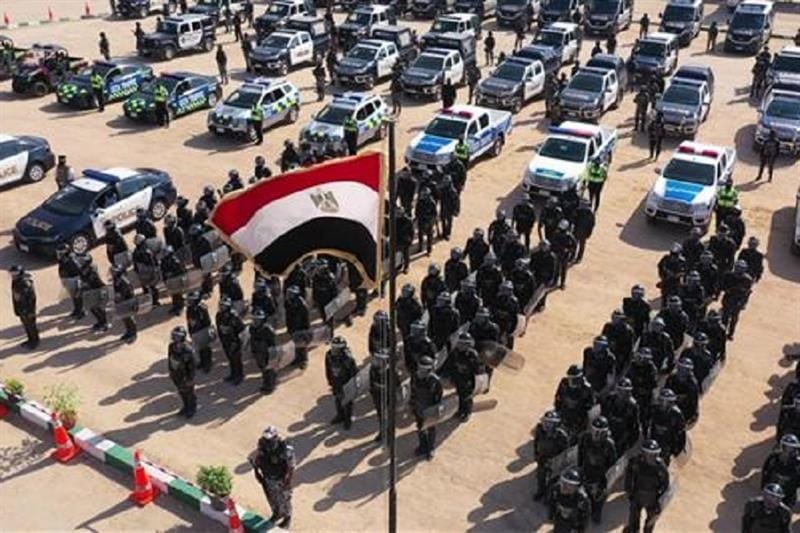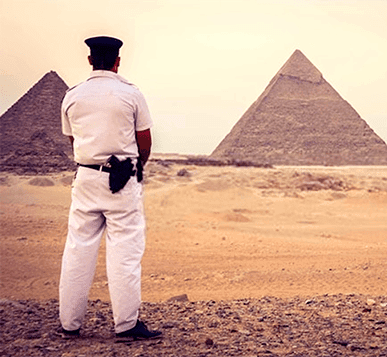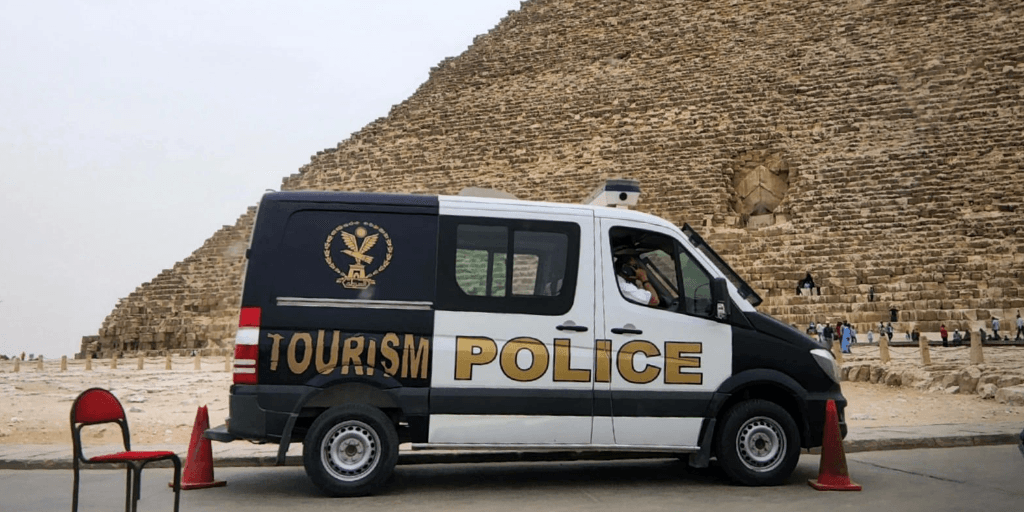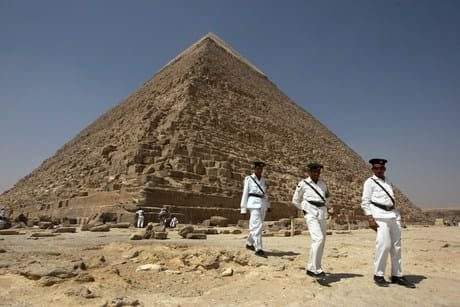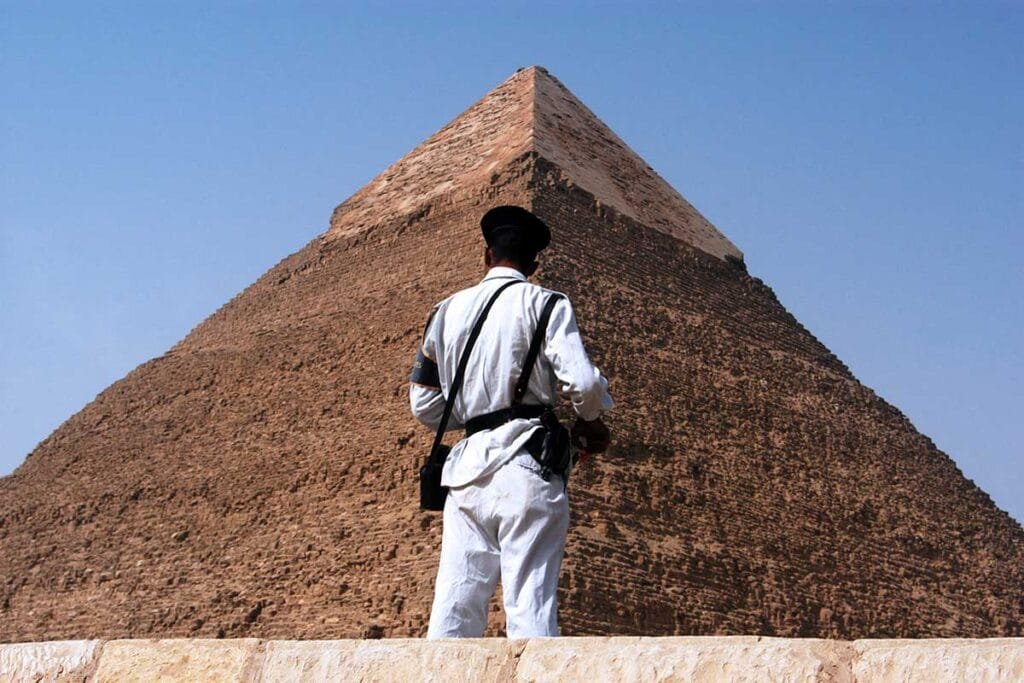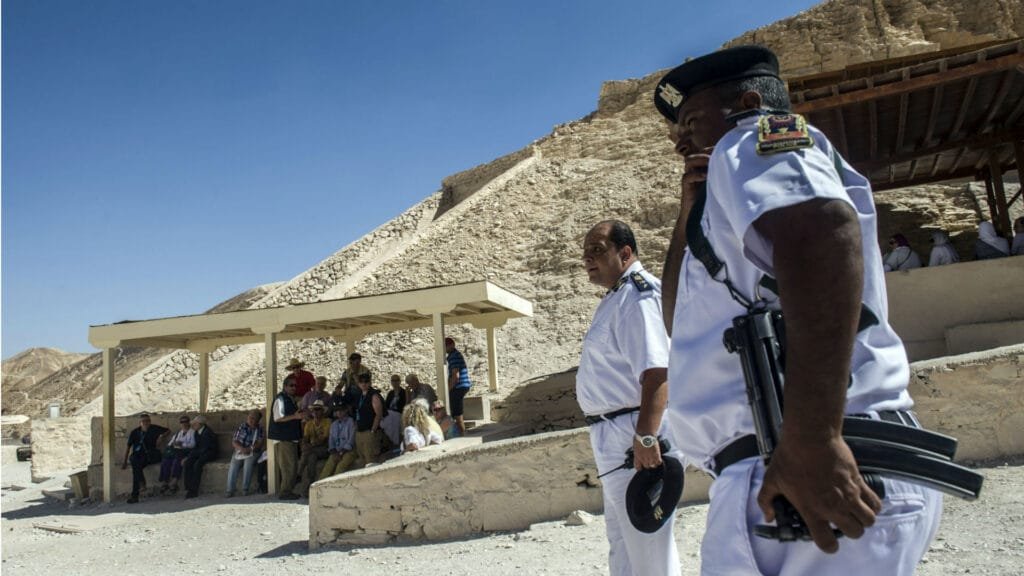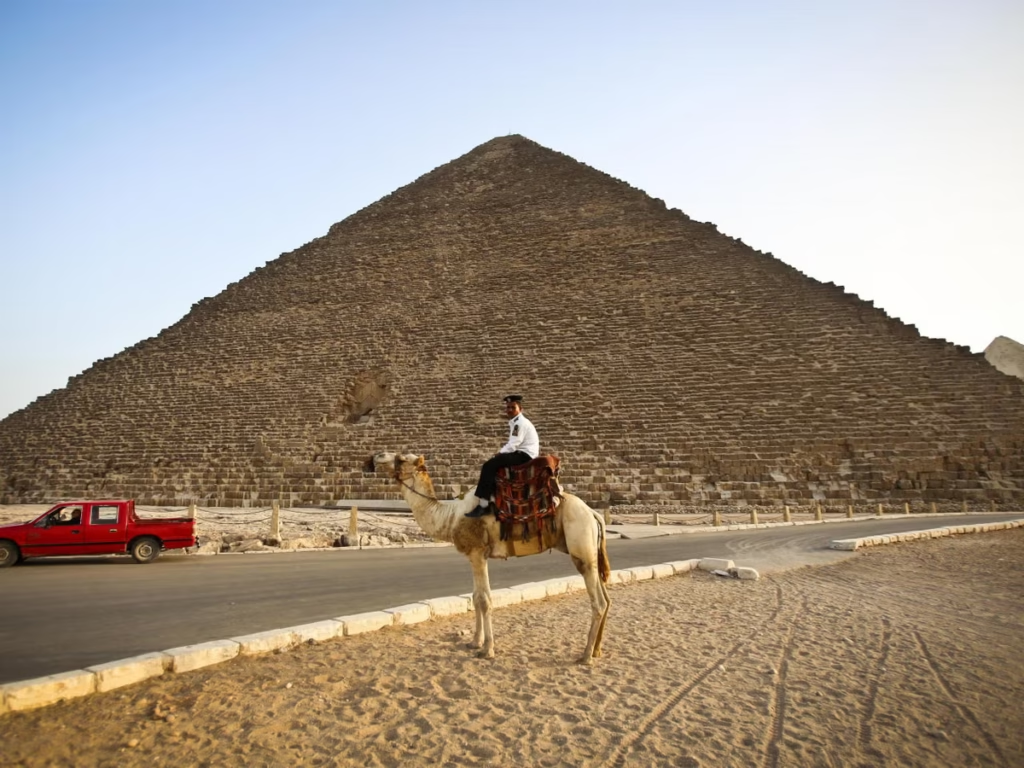9. Communication and Connectivity in Egypt
Staying connected while traveling is a top priority for many visitors, whether it’s for navigation, sharing moments with friends and family, or accessing information about local attractions. In Egypt, you'll find that communication and connectivity are generally easy to maintain, especially in major cities like Cairo, Alexandria, and Sharm El Sheikh.
The country’s internet infrastructure is widely accessible, with most hotels, cafes, and public spaces offering Wi-Fi to tourists. However, it's important to note that internet speeds may vary, and sometimes the connection can be slow in more rural or remote areas. For those who need a reliable connection during their travels, it’s recommended to purchase a local SIM card upon arrival. Several Egyptian telecom providers, such as Vodafone, Orange, and Etisalat, offer SIM cards that provide both data and local calling options at affordable prices. You can find SIM cards at the airport, mobile stores, and supermarkets in major cities.
Having a local SIM card will help with navigating through apps like Google Maps, Uber, and other essential travel apps, as well as ensuring that you can contact family or emergency services if needed. It’s also worth mentioning that some apps, like WhatsApp, Facebook, and Instagram, are widely used in Egypt, allowing easy communication with locals and fellow travelers.
In terms of language, Arabic is the official language of Egypt, but many Egyptians, especially those working in tourism, speak English. However, it's always a good idea to learn a few basic Arabic phrases, like greetings and directions, to enhance your experience and build rapport with locals. In case of emergency or if you need assistance, emergency numbers in Egypt are 122 for police, 123 for ambulance services, and 180 for fire services.
By ensuring good communication and connectivity during your travels, you can feel secure and well-prepared for any situation that may arise while exploring Egypt.


